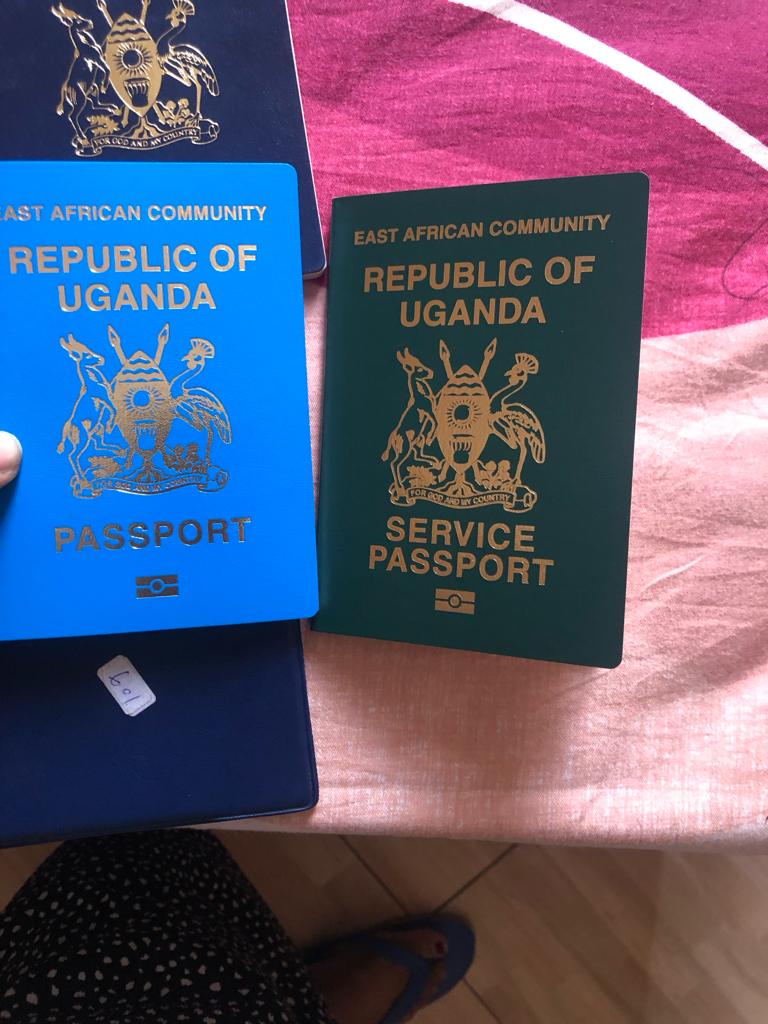NO passports required to enter UK under new Home Office plans
NO passports required to enter UK under new Home Office plans to achieve “frictionless travel” across Britain’s borders to Tourists.

In Uk, Airports will be equipped with state-of-the-art e-gates that will only accept entries into the nation through sophisticated facial recognition technology. Passports may eventually become obsolete for anyone coming in the country.
Uk government anticipates that this new technology will raise Britain’s border to the level of other industrialised countries. Such countries include; Australia and Dubai, who employ facial recognition for 50 different nationalities.
This year will see the start of the new e-gates’ trials. The goal is to establish a “intelligent border” that makes use of “much more frictionless facial recognition than we currently do.”
Tourist to the UK
For visitors Touring the UK without a visa, Britain has already begun to roll out electronic travel authorisations (ETAs). Each passenger in the system pays £10.
To board planes into the UK, travellers and Tourists must download an app. Complete a series of questions, scan their passport, and submit a photo. Only those who receive an ETA are permitted to board.
In February, citizens of Bahrain, Kuwait, Oman, United Arab Emirates, Saudi Arabia, Jordan will utilise the programme.
The Home Office also wants to introduce ETA for all visitors—including citizens of Europe—to the UK who do not require a visa for brief visits.
In order to apply for a UK passport today, tourists who are British or Irish must first provide their biometric information.
“We will know a lot more information about people upfront,” border commander Mr. Douglas says. If they previously visited the UK, we will know. We’ll be aware of their level of adherence to immigration regulations. And we’ll be aware if any of our security systems include any recordings of them. Thus, some folks will not be boarding the aircraft.
Home Office Travel plans
At 15 airport and train hubs in the London UK, there are already over 270 e-gates in use. These must be replaced with new technology, which officials claim will be more secure and handle arrivals faster.
British e-gates were first only used by citizens of the United Kingdom and the European Union, but over time, arrivals from Canada, Iceland, Japan, New Zealand, Australia, America, and several other nations have also been allowed to use them.
Nevertheless, there have been a lot of malfunctions with the modern computerised border systems recently, so they are not perfect.
Last May bank holiday, after a botched upgrade that resulted in four-hour lines, a system failure caused chaos in airports.
Furthermore, a technical error that occurred two years prior resulted in three gate failures in a span of two months, necessitating manual screening of passengers.
Compiled by
World Travel News, Gorilla Trekking Uganda and Gorilla Trekking Rwanda


